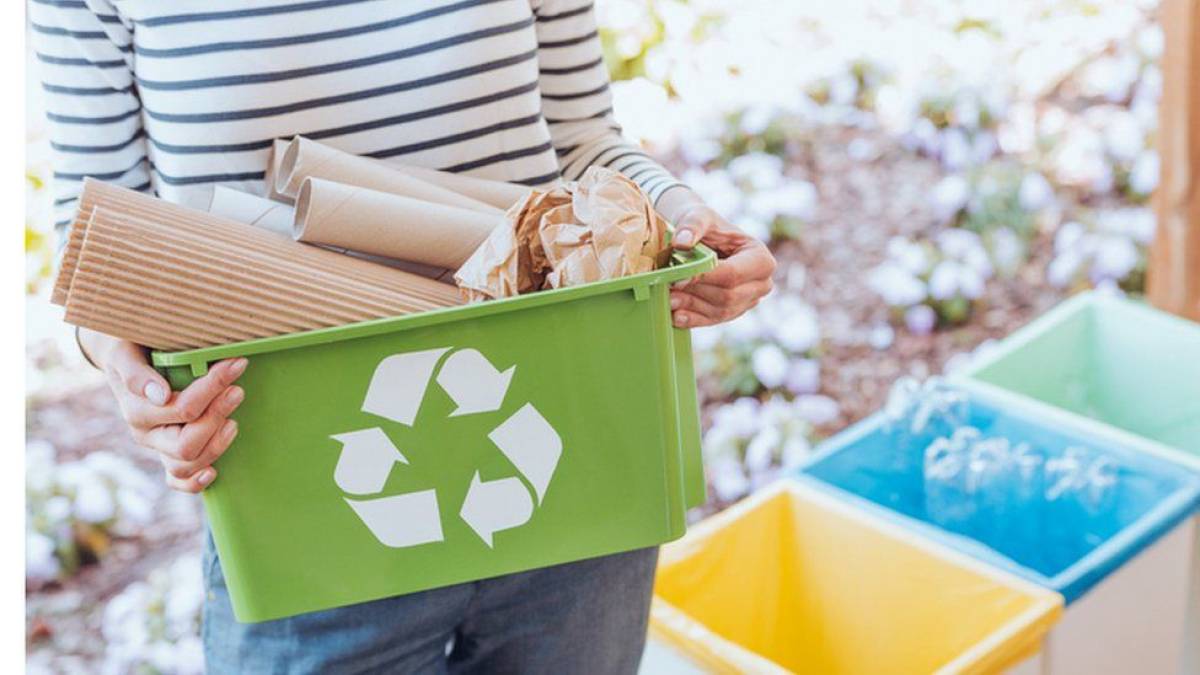5 Practical Ways to Reduce Your Carbon Footprint this Holiday Season

Concerns over the environment are trickling down into many areas of life. An important topic in the current age — particularly with countries like the UK announcing its net zero plan that will contribute towards a greener, more sustainable society — is our carbon footprint.
It’s often in the news that companies must reduce their carbon footprint to help save our environment. However, what can the public be doing to play our part in our everyday lives? After all, the world has a population of approximately 7.8 billion!
Here, we look at simple tweaks to our lifestyle that will help us reduce our carbon footprint, including the five Rs — refuse, reduce, reuse, repurpose, and recycle.
1. Know Where Your Food is From
Changing where you source your food from can be a huge part of cutting your carbon emissions.
Sourcing produce from your local areas or farmers’ markets is a great way of improving the impact on the environment from your food bill.
Even better, if you have a spare corner of a garden or patio, why not grow your own vegetables?
That way you’ll get rid of unnecessary waste packaging, reduce the chemicals and pesticides used and remove the need for long-distance transportation of produce, which relies greatly on high-carbon fossil fuels.

Farmers’ market in Vancouver. Kai Chu photo.
2. Turned Off
Reports in 2014 stated that Britons are wasting £2 billion a year in appliances on standby — a bad habit that many of across the world have, that has become the norm. The majority of us unaware of the negative effects both environmentally and financially.
It’s much more eco-friendly to turn off your appliances and phone chargers than leaving them draining unnecessary energy. And all you have to do is flick the switch off.
A charger plugged into a charged phone consumes two watts (1.8p per month), whereas when a phone is charging uses three watts (2.7p per month) — not a huge difference between using electricity and it being wasted.
Although this is a small sum, totaling all of your electric and appliances plugged in over many years wastes a lot of electricity, and around £30 a month for you.
3. Going Off Grid
Going off grid doesn’t necessarily mean selling your home and upping sticks to a forest to live in a hut. Around four million households are off the gas grid and rely on alternatives like LPG bulk tanks to heat their homes.
LPG (liquified petroleum gas) is better for the environment than traditional fossil fuels such as coal and oil.
4. Grounded
Taking less flights can help reduce your carbon footprint significantly — a flight from the UK to New York can equal almost a quarter of a person’s annual emissions.
If you’re planning a trip, consider getting a train or maybe cutting down on how many holidays you’re having a year. Train expert, The Man in Seat 61, worked out that taking the Eurostar from London to Paris instead of flying reduced carbon emissions by a staggering 91 percent.
Similarly, reduce your annual mileage. Cutting down from 15,000 to 10,000 a year per vehicle can save over a tonne of CO2, which equates to roughly 15 percent of an average person’s carbon footprint. Take public transport where you can.
5. The 5 Rs
Refuse, reduce, reuse, repurpose, and recycle.
Instead of buying, buying, and buying some more, refuse purchasing things that you don’t need. Everything that is manufactured has some form of impact on the planet, and often consumes more energy than actually using it.
Apple claimed that 80 percent of their carbon footprint of one of their laptops comes from producing and distributing it, not using it at home.
All it takes is saying no. If not, at least reduce your consumption to some degree. Slow down on those impulse purchases you love so much.
Reuse what you buy, because the next place it is heading is the landfill or our oceans. Earlier generations did it, so we can too.
Repurpose what you own instead of throwing it out or buying something else to replace it. Want some shorts but have about a hundred pairs of jeans? Do it yourself!
When you’ve exhausted all options, recycle where you can. Metal, some plastics, wood, cardboard, paper, and electronic waste can all be recycled. Research what you can and can’t.
Taking small steps is a positive start to reduce your carbon footprint. You don’t have to completely change your life but be more mindful of your consumption and waste.




















